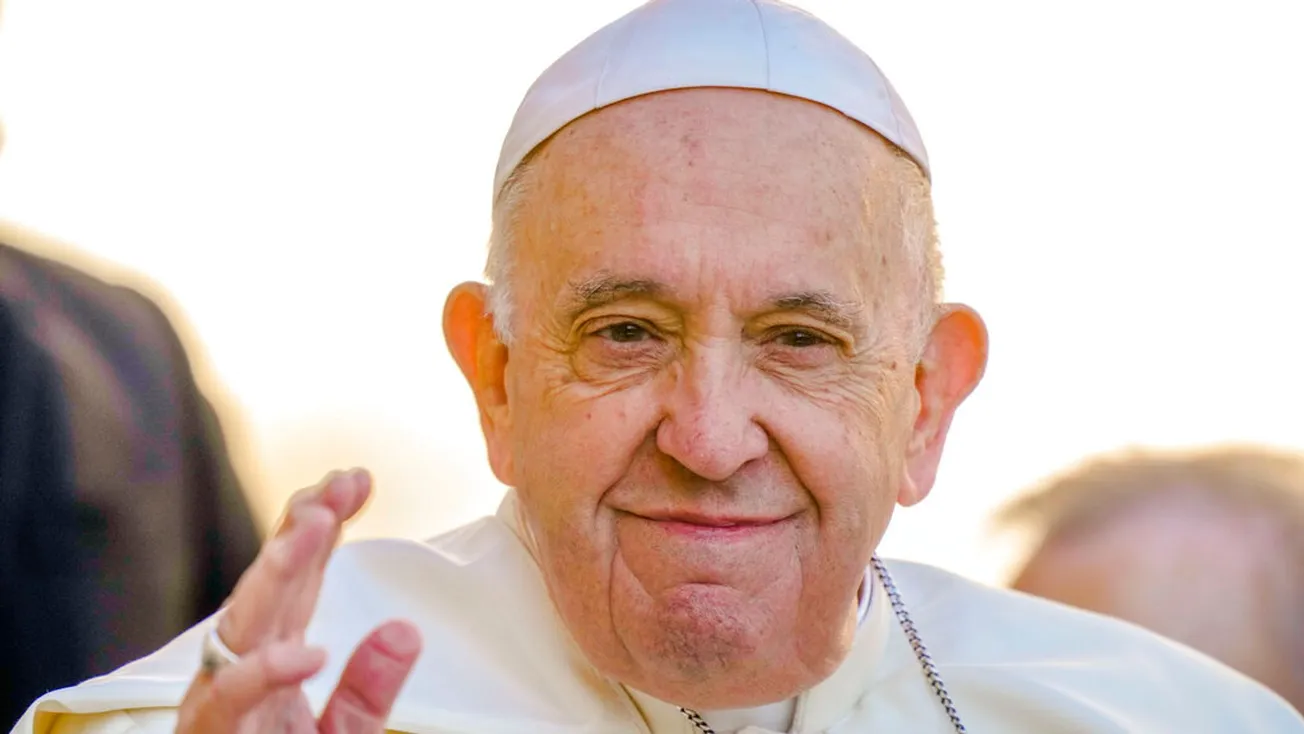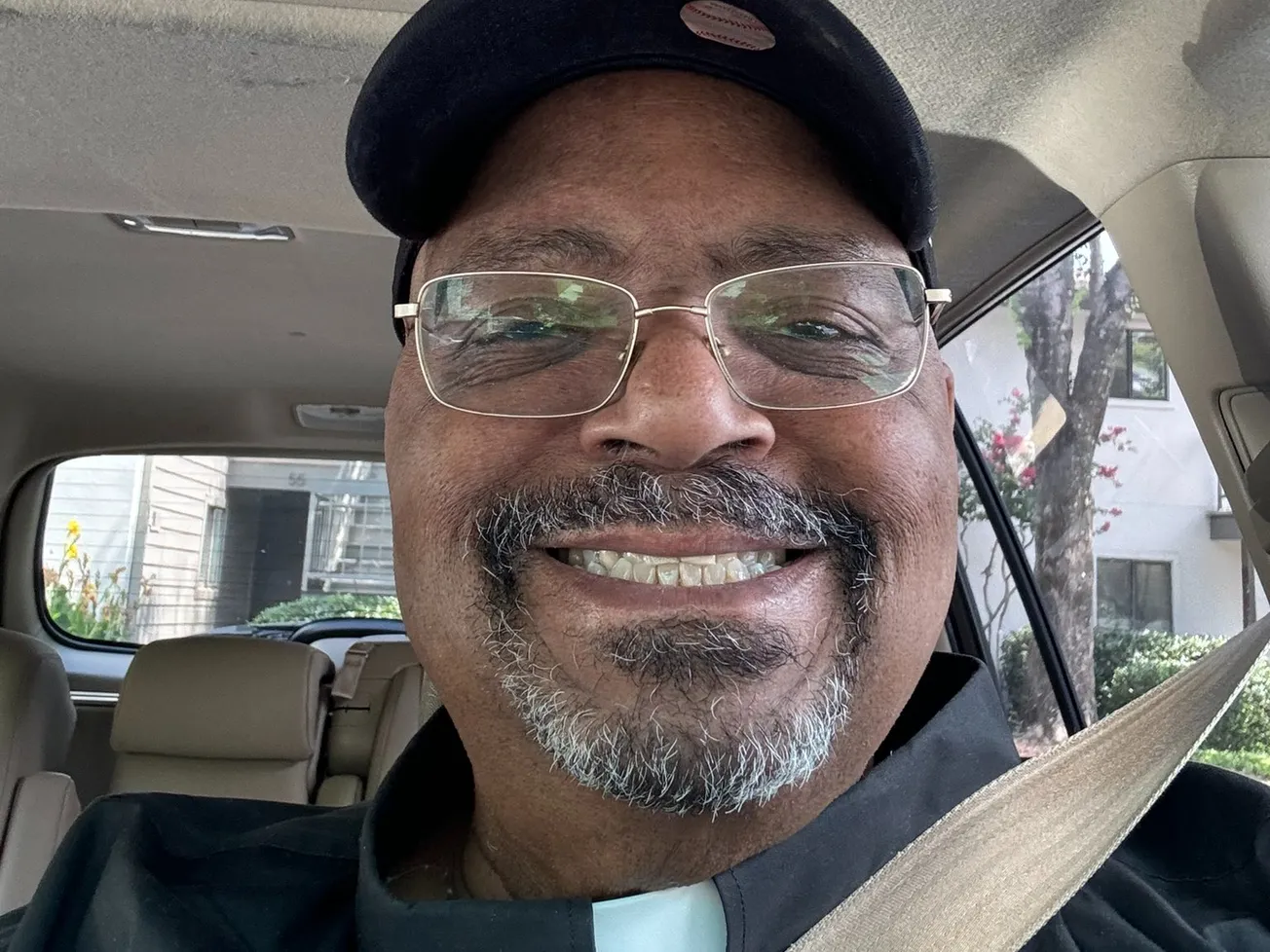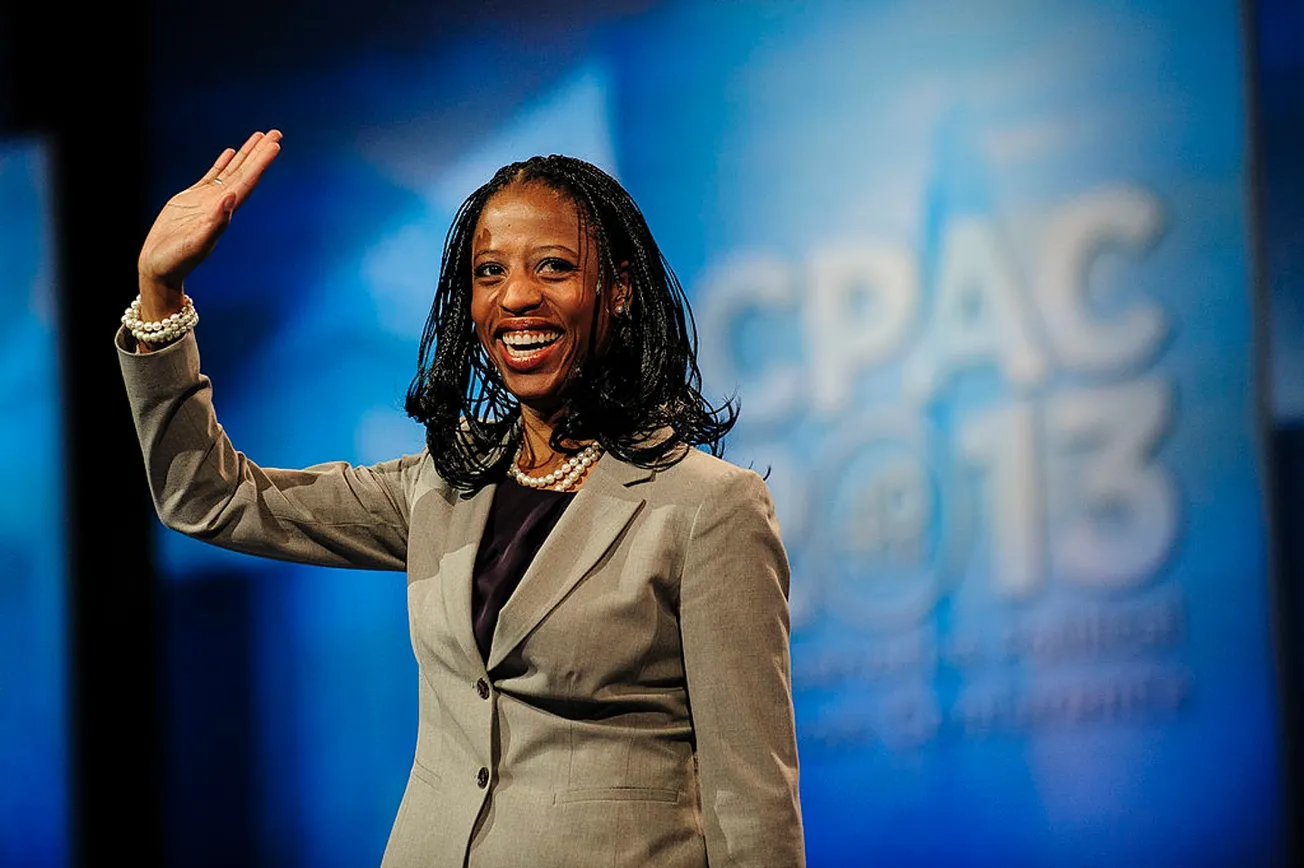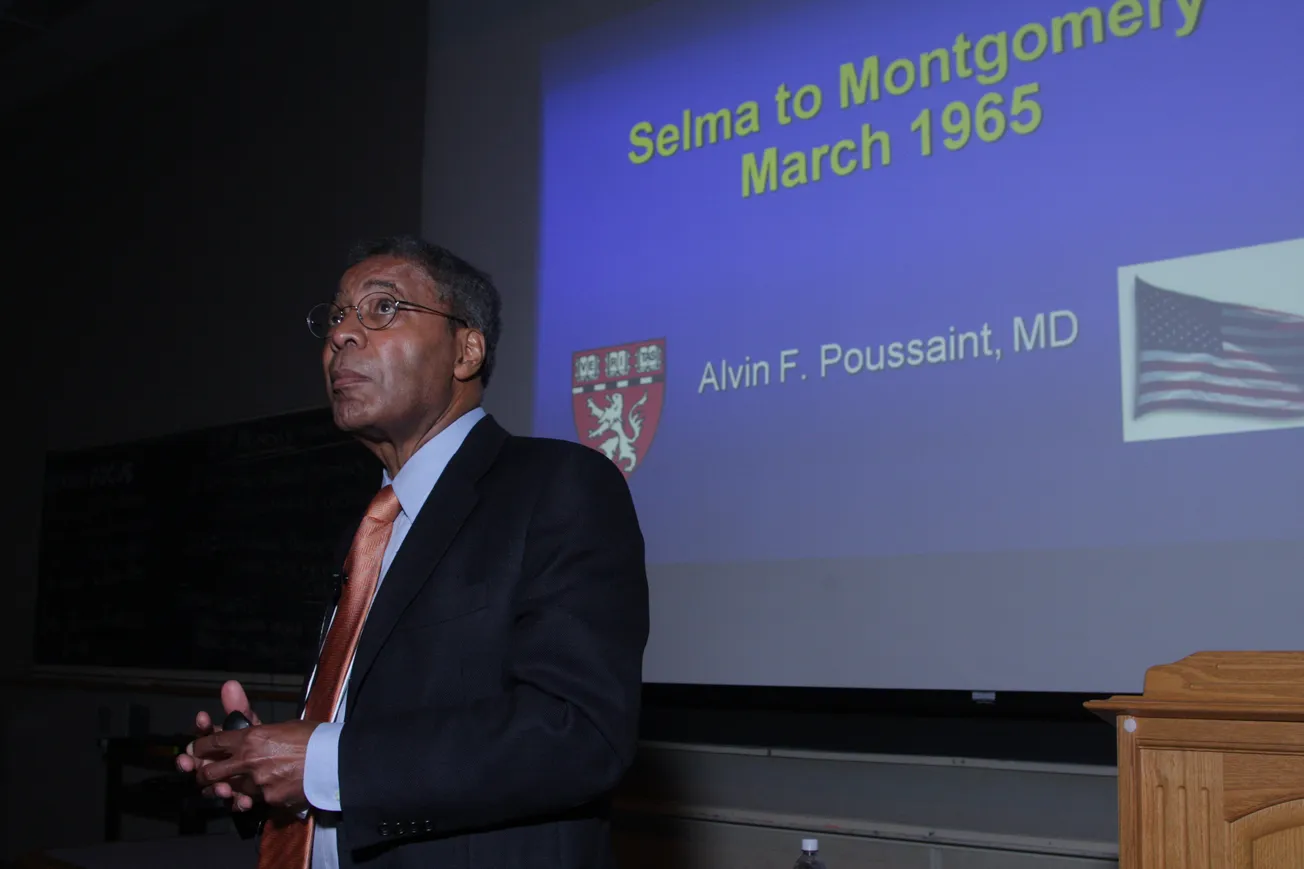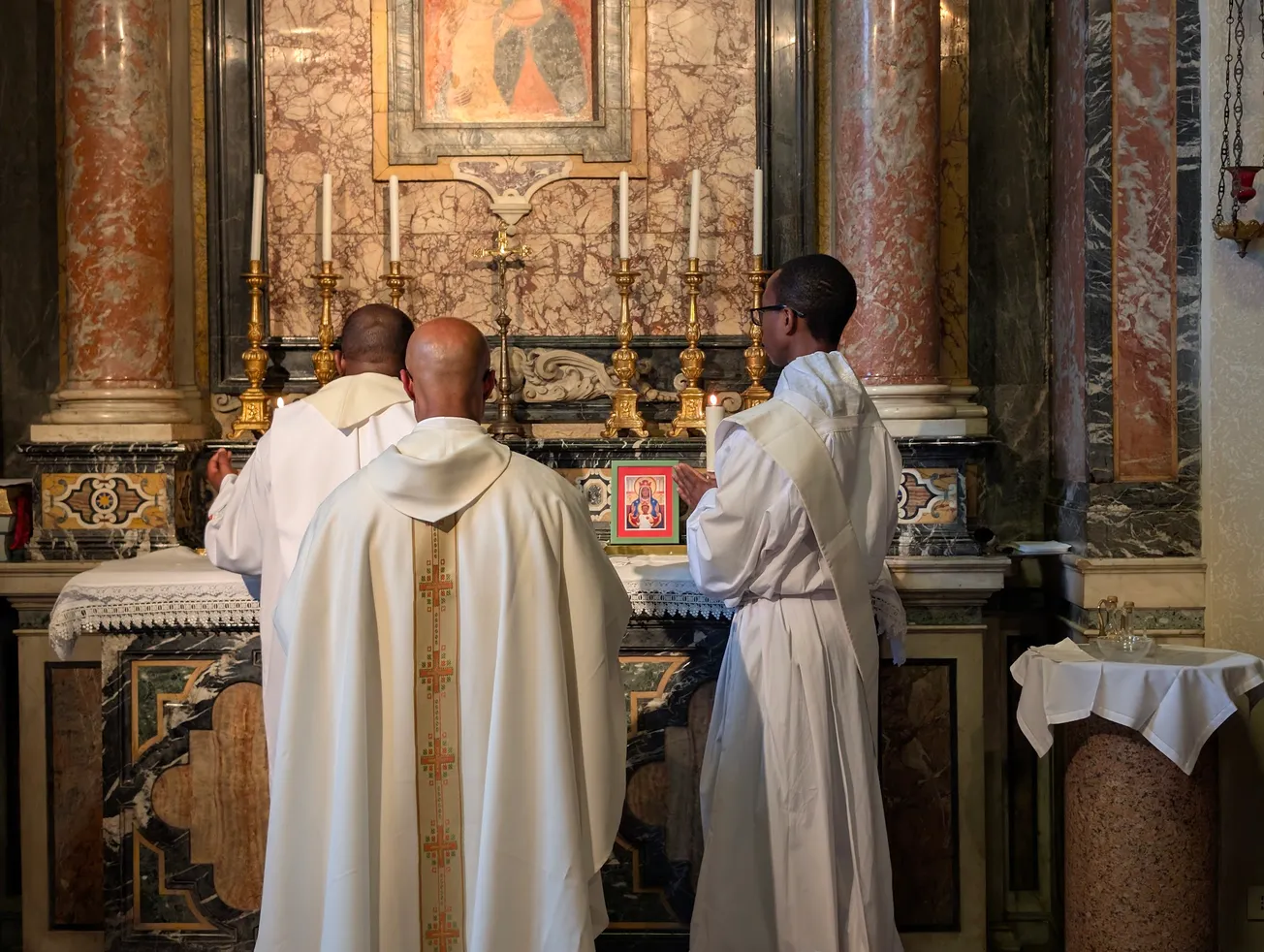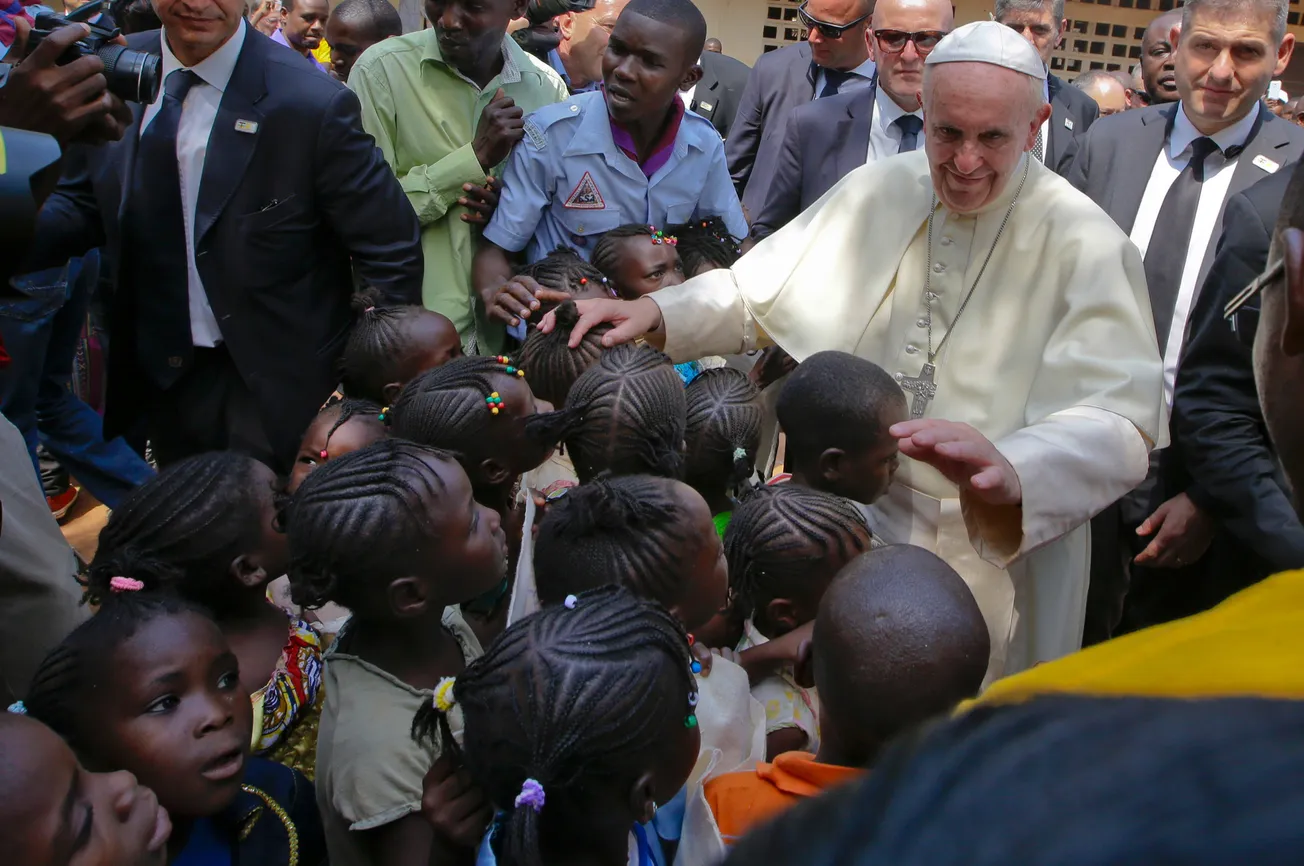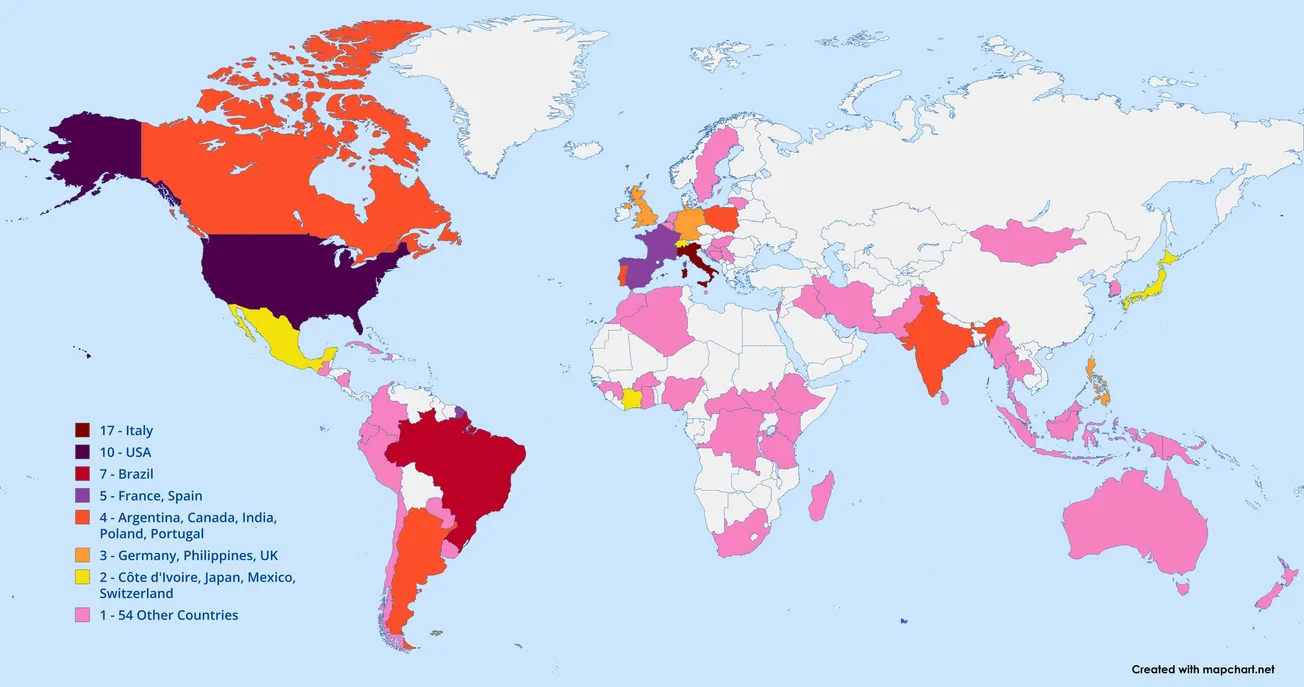Fr Clarence E. Williams Jr., a history-making Black Catholic priest, media entrepreneur, and 58-year member of the Missionaries of the Precious Blood, has passed away in his native Ohio. No cause of death was released for the 73-year-old retired minister, affectionately known as “The Chief.”
Williams’ congregation announced the news on July 11, three days after Williams’ death at the Jennings Nursing Home in Garfield Heights. Williams had been in “failing health” for some time and had previously suffered a stroke.
“Fr. Williams was a writer, preacher and pastor who throughout his more than 40 years as a priest was an advocate for Black Catholics and for racial justice and understanding,” the Precious Blood order said in their obituary announcement.
Born in Tuscaloosa, Alabama, in 1950 during Jim Crow, Williams was later a product of the Great Migration, being raised in Cleveland, Ohio, and attending St. Adalbert’s Catholic Church and School. He entered the Precious Blood Fathers in 1965, graduating four years later from their Brunnerdale Seminary High School in Canton.
During his studies, Williams founded the National Black Catholic Seminarians Association in 1969, meant to foster fellowship between seminarians of African descent in the United States. He later graduated with a bachelor’s degree from St. Joseph’s College in Rensselaer, Indiana and two graduate degrees from Catholic Theological Union in Chicago.
Williams was ordained a priest for the Precious Blood order’s Cincinnati province on October 28, 1978, as one of their first African-American members—and the first Black Catholic ordained in the city of Cleveland. He would count as one of his mentors the late Fr Gene Wilson, his order’s first Black member.
The early years of Williams’ ministry consisted of pastoral work at St. Anthony Catholic Church in Detroit, where he served for 15 years. While there, he founded the Archdiocese of Detroit’s annual Martin Luther King Jr. Mass and for years directed the local Office of Black Catholics.
Williams quickly became known for his preaching and writing, as well as for his advocacy against racism. Deeply dedicated to the “new evangelization” proclaimed by Pope St. John Paul II, in 1987 Williams produced ABC’s nationally televised Easter Mass, the first of several media milestones in his ministry. In 1989, he conducted “Racism and the Renewal of the Mind: The National Teleconference on Racism” with over 4,000 participants, according to a biography on his website. The telecast doubled in size within a few years.
Williams’ media work would later blossom into a full-fledged ministry, under the auspices of the Academy of the Afro-World Community and the National Black Catholic Televangelization Network. Among his most popular productions therein were “A Search for a Black Christian Heritage”, “In God’s Service,” “Rejoice!” and “Saint!” (a gospel musical on the life of St. Martin de Porres), according to a biography from the National Black Catholic Clergy Caucus (NBCCC)—of which Williams was a longtime member.
Notably, Williams helped the caucus establish November as Black Catholic History Month in 1990, the same year he co-founded the Catholic African World Network as an outlet for cross-cultural communication between Catholics in the African diaspora and in the motherland.
Williams returned to school for doctoral work in his 40s and in 1998 earned his PhD in global education and cultural communication from the Union Institute & University. He soon became a prolific author, including his landmark text “Racial Sobriety: A Journey from Hurts to Healing,” which became the namesake of his flagship ministry—utilized by both the NBCCC and U.S. Conference of Catholic Bishops.
Williams himself traveled the country speaking on the themes of the book, which “described his process for dealing with racism as a social illness, and a treatment program to help individuals and groups overcome,” according to his order.
“He could speak compellingly to a crowd, yet make a solitary person feel completely heard and understood. Despite his busy schedule, he supported his religious community in many ways, including serving as director of formation and as a member of its provincial council. He was a good friend to his fellow Missionaries and offered them encouragement and affirmation.”

Following his appointment as director of racial equity and diversity for Catholic Charities USA in 2007, Williams served again in parish ministry, including at Holy Innocents - St. Barnabas Parish in Roseville, Michigan, and at St. James the Less Catholic Church in Columbus, Ohio.
Williams also served as archivist for the NBCCC beginning in 2015, and was instrumental in securing a partnership with the University of Notre Dame to add the caucus’ files to the Hesburgh Library collections. A ceremony there celebrating the addition took place in 2018 with Williams as the featured speaker.
“He was truly a man of tremendous faith, a sage of Black Catholic history,” said Leslie H. Morgan, Notre Dame’s Africana Studies librarian who helped Williams in the process, in a social media post following his death.
Williams was the recipient of various awards during his six decades of ministry, including the Rev. Dr. Martin Luther King Jr. Award in Birmingham, the Keep the Dream Alive Award from the Archdiocese of Detroit, the Archbishop James P. Lyke Award from the Pan-African Catholic Roman Clergy Caucus (which he founded), and a Christopher Award for his work on the 1992 documentary on Servant of God Thea Bowman entitled “Sr Thea: Her Own Story.” He twice received the Fr Joseph Davis Lifetime Achievement Award from the NBCCC, in 1992 and again in 2022.
“My latter days will be my greater days,” Williams said upon receiving the latter award last summer on the campus of Notre Dame, where he was present in a wheelchair due to deteriorating health but spoke of continued plans for his media ministry.
In April of this year, William returned to Detroit for a celebration of his 45th ordination anniversary, where he was feted by former parishioners and his friends and spoke on his love for the ministry to which he dedicated his life.
“I have enjoyed my priesthood journey and have never regretted this sacred vocation,” he said during his remarks.
Williams is survived by his father, Clarence E. Williams Sr., and his four younger brothers in Cleveland. He was preceded in death by his mother, Lula Belle, who passed in 2018.
A funeral Mass for Williams has been scheduled for Monday, July 17, at the St. Charles Center in Carthagena, Ohio, at 2pm ET. Viewing will take place on Sunday, July 16 from 2-5pm. A Mass of Christian Burial will take place at St. Adalbert’s in Cleveland on Tuesday, July 18, at 1pm (with viewing beforehand at 11am). Burial will follow at Calvary Cemetery.
Memorial Masses will be held for Williams on Monday, July 24, at St. James the Less in Columbus at 7pm, and at St. Augustine & St. Monica Parish in Detroit on Tuesday, July 18, at 6pm.
Interested parties can make memorial contributions to the U.S. province of the Precious Blood Missionaries.
Nate Tinner-Williams is co-founder and editor of Black Catholic Messenger.



